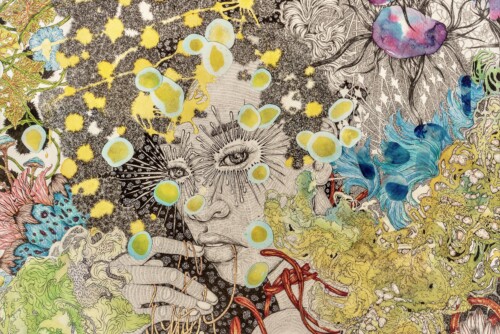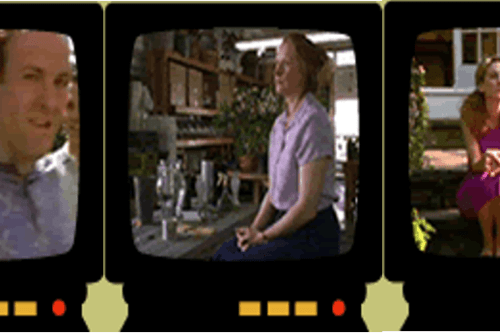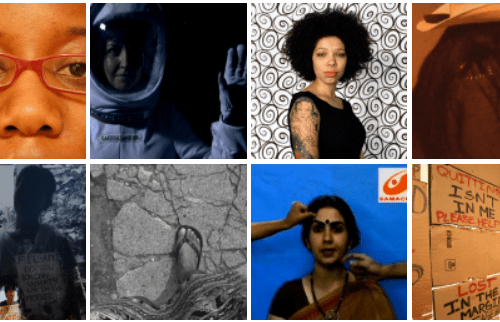Activists have long engaged in a wide range of worthwhile initiatives in pursuit of social justice. However, it is less common that activist groups articulate and utilize a philosophical and strategic approach that integrates organizing across issues. A case in point is the concerns of low-income queer 1 people, who have been profoundly affected by the criminal justice system. In this paper, I argue that a more integrated, comprehensive approach to the pursuit of social justice for low-income queer people would enable activist scholars to expand on a tradition of articulating a comprehensive vision that encompasses the true needs of the most disenfranchised and broadens the larger discourse around civil and human rights.
Any analysis that seeks to encompass a conceptual understanding of how socially constructed categories of oppression exact a toll on the most marginalized finds its root in the theory of “intersectionality.” This theory 2 posits that socially constructed categories interact on various levels to manifest as social (and political) inequality. Traditionally conceived modes of oppression, such as gender, race, class, and sexual orientation and identity, do not act independently of one another but rather interrelate and ultimately create systematic discrimination for those with multiple identities.
Today, the principles developed in theories of intersectionality are especially relevant and in need of being incorporated into coalition building within social justice movements. 3 Activists have not, on the whole, been effective in setting forth a political agenda in a way that puts the theory to practical use (as part of their respective mandates). 4) The great difficulty in rights-based organizing arises from the inherent—and conflicting—agendas and priorities within these movements. Many organizations that offer a theoretical vision of universal human rights remain focused on single-issue advocacy and miss opportunities to educate about connections between policies and social trends outside of their respective bailiwicks; one such missed opportunity is the issue of incarceration. As I outline here, scholars and advocates would benefit from taking a closer look at the impact of mass incarceration, which marginalizes communities lacking in political power but can also provide fertile ground for organizing and reconciliation among them.
- In this article, I use the term queer as shorthand to capture the breadth of all the communities that are lesbian, gay, bisexual, transgender, intersex, two-spirit, or questioning.[↑]
- Kimberlé Crenshaw, Mapping the Margins: Intersectionality, Identity Politics, and Violence against Women of Color, 43 STAN. L. REV. 6 (1991). The theory of intersectionality was likely first coined, and certainly gained a foothold, with Crenshaw’s groundbreaking article, where she detailed the ways women of color seeking relief from intimate partner violence were “sometimes erased within the political contestations between antiracism and racial hierarchy, and between feminism and patriarchy.” She describes the failure of feminist domestic violence organizations to heed the particular needs of women of color. Simultaneously, she explains how antiracist organizations did not fully address the problem of domestic violence in an attempt to forestall racial stereotyping about violence in people of color communities. Crenshaw opines that, “these erasures are not always the direct or intended consequences of antiracism or feminism, but frequently the product of rhetorical and political strategies that fail to challenge race and gender hierarchies simultaneously.”[↑]
- “The Combahee River Collective Statement,” in Home Girls: A Black Feminist Anthology 272 (Barbara Smith, ed. 1983). Intersectionality has historical links to the concepts advanced in 1977 by the Combahee River Collective, a group of black feminist activists who issued a statement that has become a key document in black feminism and the development of “identity politics,” as used by political organizers and social theorists. Notably, they describe an active commitment to “struggling against racial, sexual, heterosexual and class oppression,” and to their particular task of the “development of integrated analysis and practice based upon the fact that the major systems of oppression are interlocking.” They conclude that, “[T]he synthesis of these oppressions creates the conditions of our lives. As Black women we see Black feminism as the logical political movement to combat the manifold and simultaneous oppressions that all women of color face.”[↑]
- There are some notable exceptions to this claim, including grassroots organizations such as Queers for Economic Justice, Critical Resistance, Sylvia Rivera Law Project, Audre Lorde Project, and FIERCE. These examples have a broad vision of social justice organizing across race, class, and sexual, and gender expression. (All sites last accessed on June 16, 2009.[↑]



